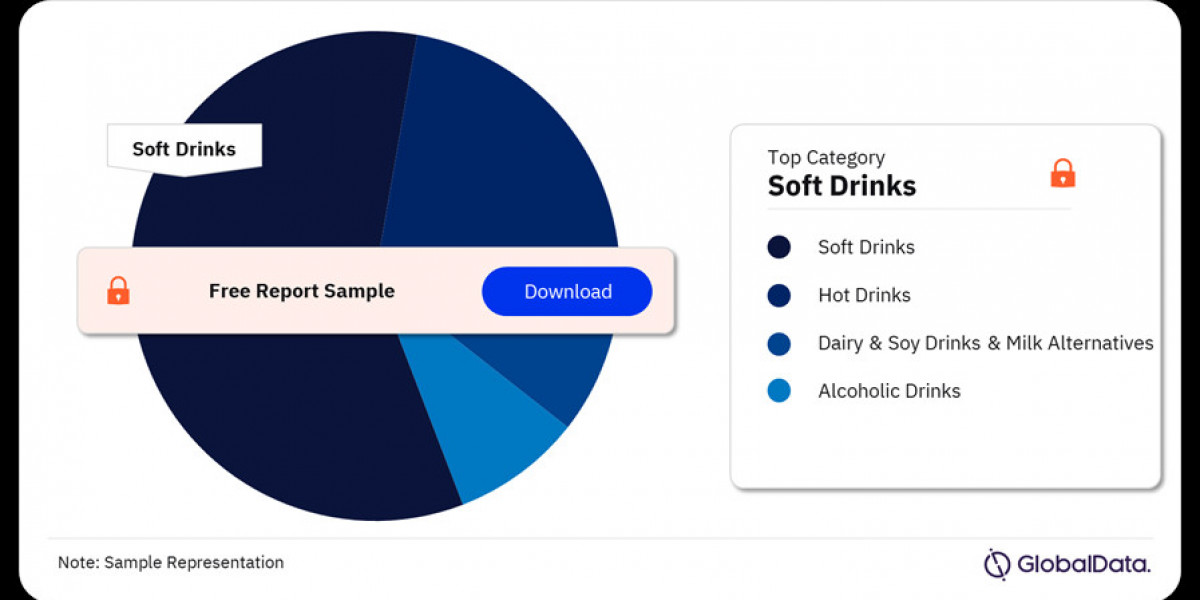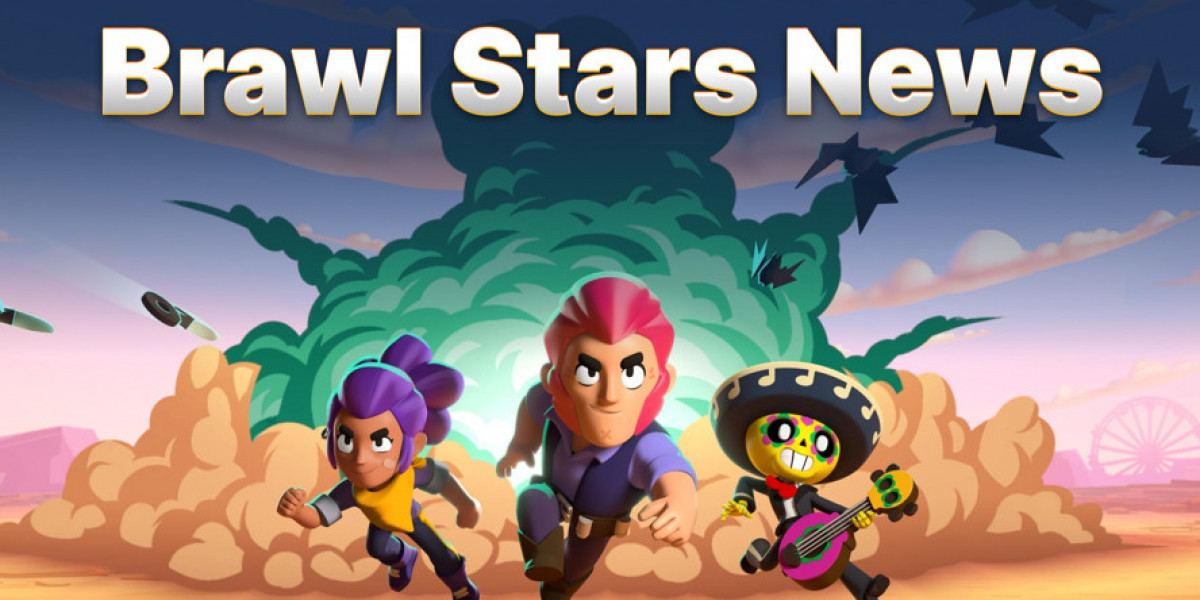The Mexican beverage market is highly competitive, with both local and international brands vying for consumer attention across various segments. The market spans soft drinks, alcoholic beverages, juices, bottled water, and health-focused drinks.
Below is an overview of the key players in the Mexican beverage market, their competitive strategies, and their market share across different beverage categories.
1. Coca-Cola FEMSA
- Overview: Coca-Cola FEMSA is the largest bottler and distributor of Coca-Cola products in Latin America and the largest in Mexico. It holds a dominant position in Mexico’s soft drink market, offering a wide range of beverages, including sodas, juices, bottled water, and sports drinks.
- Competitive Advantage: Coca-Cola benefits from its iconic global brand, extensive distribution network, and strong brand loyalty. The company has also adapted to health-conscious trends by introducing low-sugar, sugar-free, and functional beverage options.
- Market Share: Coca-Cola is a market leader in Mexico's soft drink sector, commanding a large portion of the market with products like Coca-Cola, Fanta, Sprite, and Powerade. It has a particularly strong presence in the carbonated soft drink category, despite rising health concerns and the growing popularity of alternatives.
2. PepsiCo México
- Overview: PepsiCo is another global beverage giant with a strong presence in Mexico. It produces popular beverages such as Pepsi, 7UP, Gatorade, and Tropicana juices, alongside snacks and other food products.
- Competitive Advantage: PepsiCo's broad portfolio of beverages, including both sugary and healthier options, allows it to cater to a wide range of consumer preferences. The company has also capitalized on the growing demand for healthier beverages by offering low-sugar and functional drinks, such as Tropicana Essentials and Gatorade Zero.
- Market Share: PepsiCo holds a significant share of the Mexican beverage market, especially in the carbonated soft drink, energy drink (via Rockstar), and juice segments. It remains one of the primary competitors to Coca-Cola in the Mexican market.
3. Grupo Modelo (Anheuser-Busch InBev)
- Overview: Grupo Modelo, a part of Anheuser-Busch InBev, is the leading producer of beer in Mexico. It is the maker of iconic Mexican beer brands such as Corona, Modelo, Pacifico, and Victoria.
- Competitive Advantage: Grupo Modelo’s premium beer brands, particularly Corona, have a strong presence both domestically and internationally. The company benefits from the global appeal of its brands, which are synonymous with quality and the Mexican lifestyle. It also has a growing presence in the craft beer segment.
- Market Share: Grupo Modelo dominates the Mexican beer market, with its brands holding a substantial share in both the domestic market and exports. Corona is one of the top-selling beer brands in the world, and Modelo also enjoys strong sales growth.
4. Heineken México
- Overview: Heineken México is the local subsidiary of the Dutch brewing giant Heineken. It produces popular beer brands such as Heineken, Sol, Indio, and Tecate.
- Competitive Advantage: Heineken México benefits from a diverse portfolio of both global and local beer brands, allowing it to cater to various market segments. Its commitment to premium beer and innovations in the craft beer market has further solidified its position in the Mexican market.
- Market Share: Heineken México is a major player in the Mexican beer market, with its brands, particularly Sol and Tecate, holding a significant share. While Grupo Modelo dominates the market, Heineken’s market share continues to grow through its popular brands and strategic marketing.
5. Jumex
- Overview: Jumex is one of the largest producers of fruit juices in Mexico and Latin America. The company offers a wide range of fruit juices, nectars, and flavored waters, including the well-known Jumex and Del Valle brands.
- Competitive Advantage: Jumex is a household name in Mexico due to its long history of providing high-quality fruit juices. The brand has expanded its offerings to include organic and sugar-free beverages to cater to health-conscious consumers.
- Market Share: Jumex is a dominant player in the juice and nectar segment in Mexico. It holds a large share of the domestic fruit juice market and is also expanding its reach internationally.
6. Sigma Alimentos (La La)
- Overview: Sigma Alimentos is a major food and beverage company in Mexico, with its beverage division known for dairy-based drinks under the La La brand. It offers milk-based beverages, including flavored milks, and dairy alternatives.
- Competitive Advantage: Sigma Alimentos focuses on the nutritional benefits of dairy products, positioning its drinks as healthy and functional. The company has also invested in expanding its plant-based beverage offerings, such as almond milk and soy milk, catering to the growing demand for dairy alternatives.
- Market Share: Sigma’s La La brand is a significant player in Mexico’s dairy-based beverage market, particularly in the flavored milk and dairy alternative categories.
7. Nestlé México
- Overview: Nestlé is one of the world's largest food and beverage companies, and its Mexican division offers a wide range of beverages, including coffee (Nescafé), bottled water (Nestlé Pure Life), and dairy-based drinks.
- Competitive Advantage: Nestlé benefits from its strong portfolio of well-known brands, such as Nescafé, Nestea, and Nestlé Pure Life. The company’s focus on health and wellness, with low-sugar options and functional beverages, is key to its strategy in the Mexican market.
- Market Share: Nestlé holds a significant share of the bottled water and coffee markets in Mexico, competing directly with global brands like Coca-Cola and PepsiCo in these categories.
8. Red Bull
- Overview: Red Bull is a global leader in the energy drink category, with a strong presence in the Mexican market. It offers its signature energy drink, along with sugar-free and flavored versions.
- Competitive Advantage: Red Bull’s premium positioning, powerful marketing campaigns, and sponsorship of sports events make it a leading energy drink brand worldwide. In Mexico, it appeals to both younger consumers and athletes.
- Market Share: Red Bull is a top player in the energy drink segment in Mexico, competing with other brands like Monster and Baja Blast for market share.
9. Bacardi México
- Overview: Bacardi is one of the largest spirits companies in the world and has a significant presence in Mexico, producing a variety of alcoholic beverages, including rum, tequila (via its acquisition of Patrón), and ready-to-drink (RTD) cocktails.
- Competitive Advantage: Bacardi’s portfolio of premium spirits, including Patrón tequila, positions the company as a leader in the premium spirits market. The increasing popularity of tequila and the rising demand for high-quality spirits support Bacardi’s growth.
- Market Share: Bacardi holds a strong position in Mexico’s spirits market, particularly with its tequila brand Patrón and its rum offerings, which have broad appeal in both domestic and export markets.
10. Casa Cuervo
- Overview: Casa Cuervo is one of the most iconic Mexican tequila producers, with well-known brands such as José Cuervo and 1800 Tequila.
- Competitive Advantage: As one of the largest tequila producers globally, Casa Cuervo benefits from the increasing demand for tequila both in Mexico and internationally. The brand’s long history and heritage have helped it maintain a strong consumer base.
- Market Share: Casa Cuervo is one of the leading tequila brands in Mexico, holding a substantial market share in both the domestic and global markets.
Conclusion
The Mexican beverage market is characterized by the dominance of global giants such as Coca-Cola FEMSA and PepsiCo, with a mix of strong local players like Jumex, Grupo Modelo, and Sigma Alimentos also holding significant market share. While sugary soft drinks and beer continue to be major segments, emerging trends like health-focused beverages, plant-based drinks, and functional beverages are reshaping the competitive landscape. Local brands are capitalizing on traditional Mexican products, such as tequila and craft beer, while international companies are responding to consumer demand for healthier and more sustainable beverage options. As consumer preferences continue to evolve, these key players will need to adapt to stay competitive in the dynamic Mexican beverage market.
https://www.globaldata.com/store/report/mexico-beverages-consumption-market-analysis/










